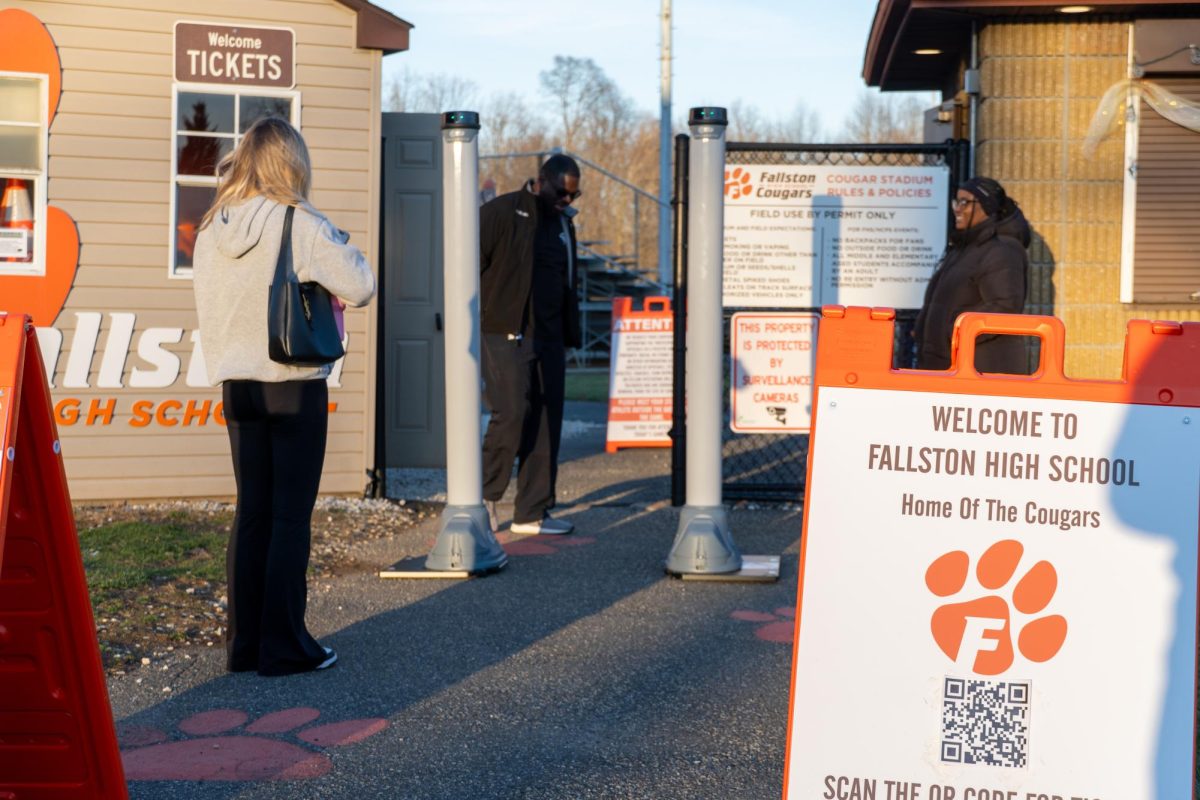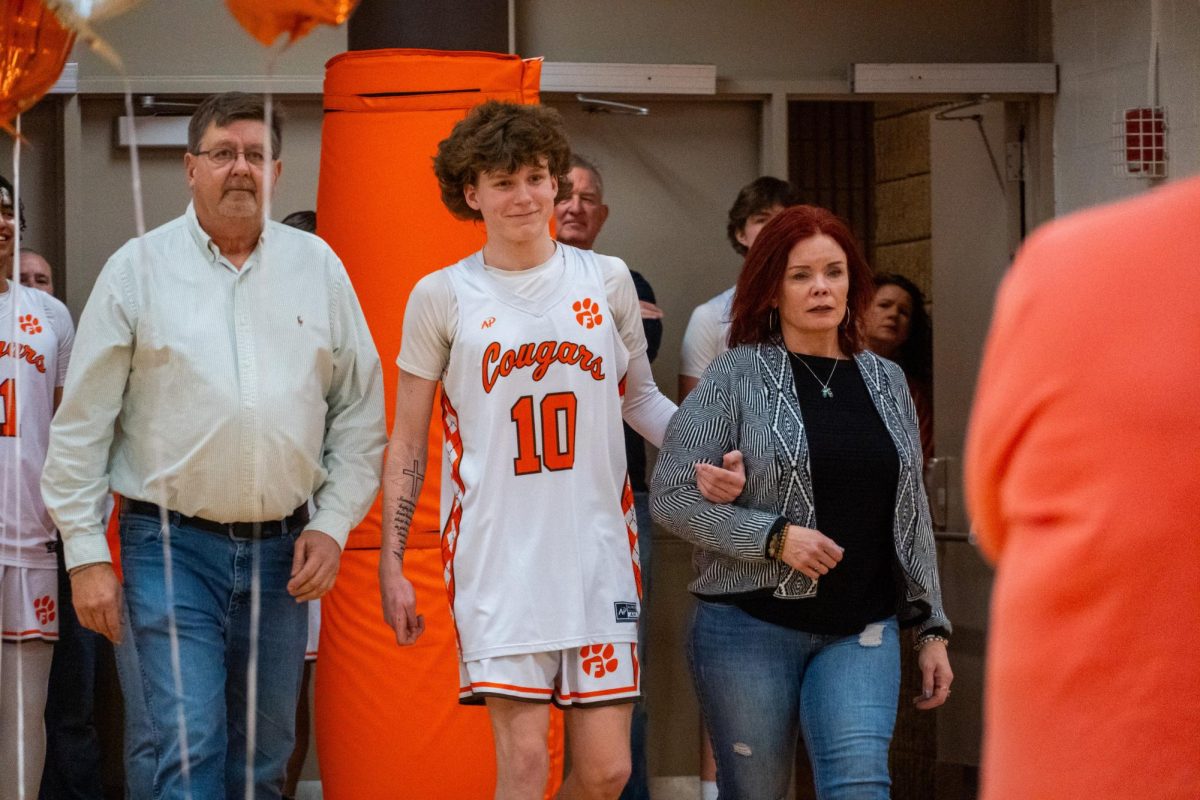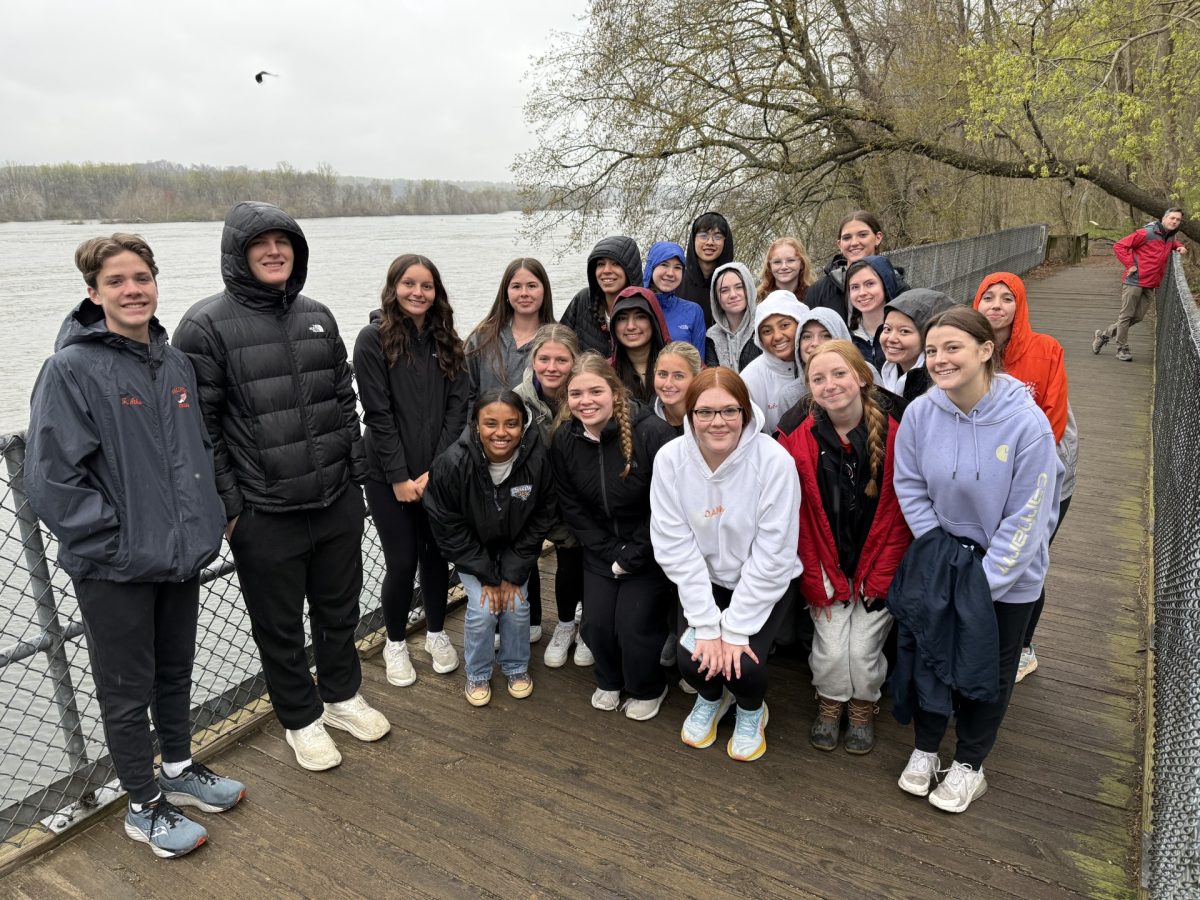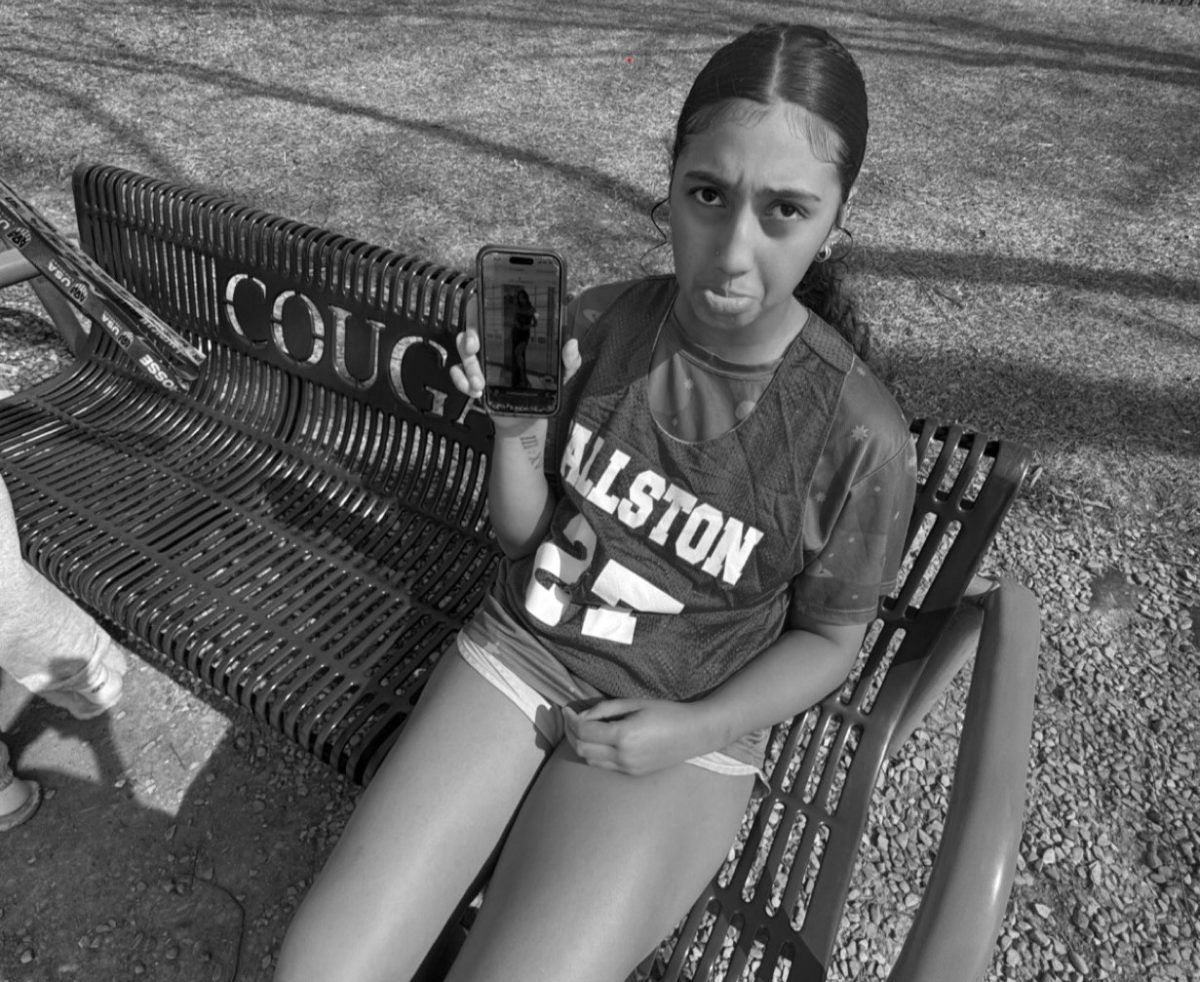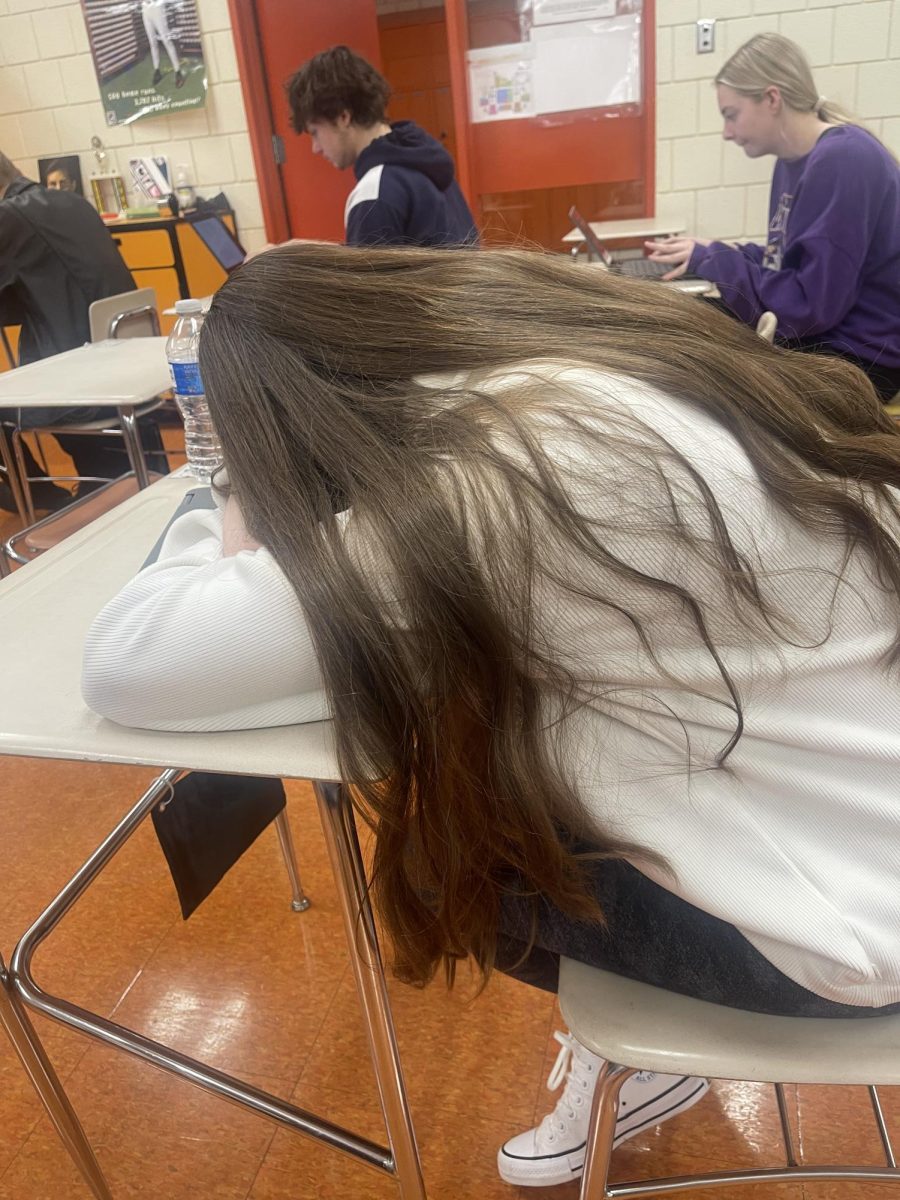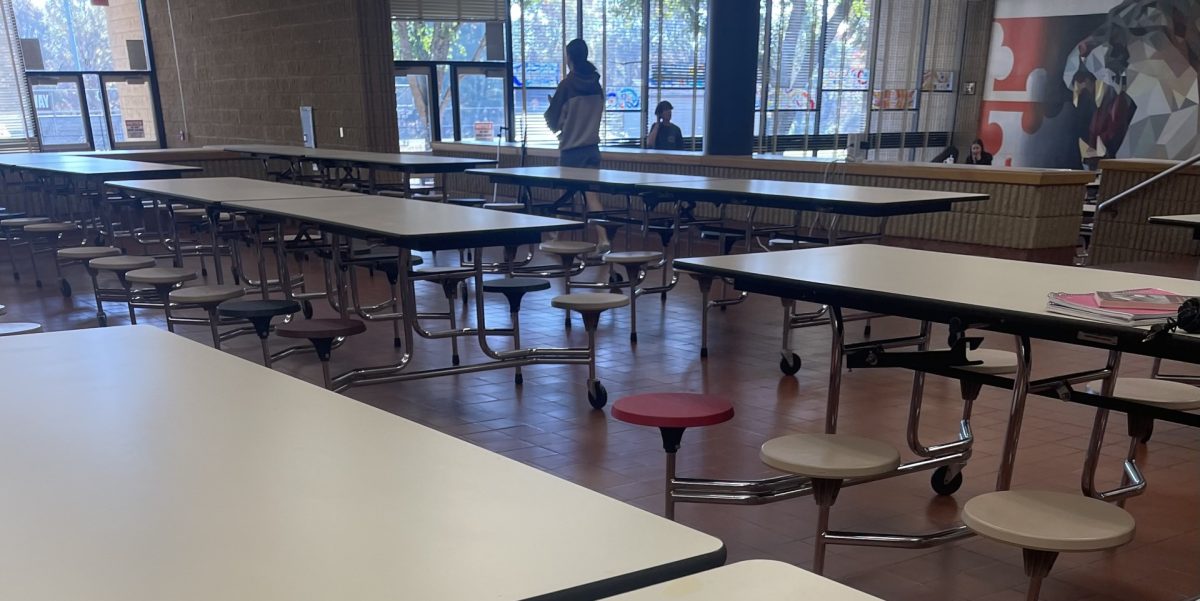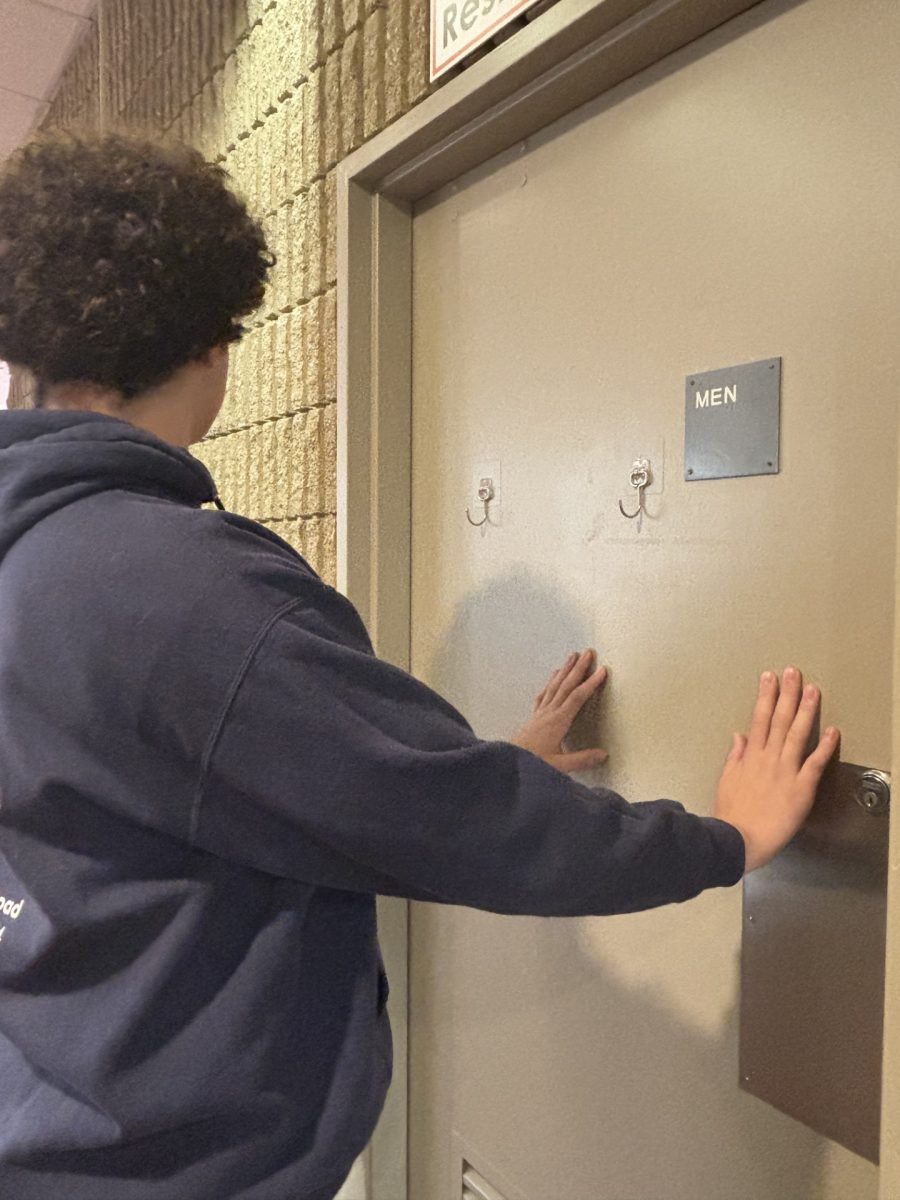Over the past couple weeks, the Fallston administrative team has implemented a new policy for bathroom usage. The policy guidelines involved locking the bathrooms during various periods of the day. The upper-level boys’ bathrooms are locked during homeroom, all bathrooms get locked during class change, and bathroom use is not permitted during the first and last ten minutes of class.
The Print polled Fallston High School homerooms and gathered a total of 175 responses. Of these responses, sixty percent of people wrote of their dislike of the policy, two percent liked the new policy, while the remaining thirty-eight percent did not find the policy to have affected them.
The Print asked poll takers for their concerns and criticisms about the policy. Many expressed the inconvenience of the bathrooms being closed, mentioning that the closure cuts into class time as it forces them to go out of their way to get to open bathrooms. Others feel it’s unfair to be punished for the small portion of misbehaving students. To this, Mr. Collins says, “Some think I’m trying to get them in trouble, when in fact, I’m trying to keep them out of trouble.”
After recent incidents involving vaping and other problematic behaviors in the bathrooms, the administrative team decided to take action to prevent incidents like these from occurring and, ultimately, to keep students out of trouble.
Many feel the policy is unnecessary, but it is “tied to safety and security,” says Mr. Collins. “Because the situation at Joppatowne… occurred in a restroom,” Mr. Collins reports, “we want to say we’re doing everything we can do.”
In response to the concerns about missing class time, Mr. Collins explains that “in an eighty-minute period, you can find those three-minute or five-minute periods, and sometimes that’s kind of nice that [you] can go to the bathroom, take a break, get a drink of water, come back in, and get back to work.”
Some called attention to students who may have possible medical conditions that would be restricted by the policy. When asked about medical concerns, Mr. Collins replied, “The nurse knew about it, and she didn’t see an issue medically. If that were the case, we wouldn’t do it. I’m not going to put a kid through that; I’m not going to put anyone in that position.”
Mr. Collins’ goal is to keep students out of trouble. He does understand that closing bathrooms “was a big deal to do because the vast majority of students just go to the bathroom or just go to class.” But for now, temporary bathroom closures have been determined to be a necessary approach to curbing inappropriate behaviors. That being said, Mr. Collins wants community members and students alike to know, “No policies are set in stone; they should be evolving.”




